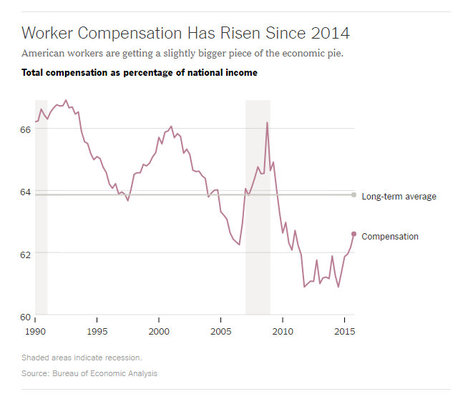(p. A10) Mr. Kennedy, 56, a soft-spoken Tlingit Native Alaskan, is a dental therapist, the rough equivalent of a physician assistant. He is trained to perform the most common procedures that dentists do, from fillings to extractions. Since January, when he started at the Swinomish Dental Clinic, over 50 miles north of Seattle, he has been the only dental therapist on tribal land anywhere in the lower 48 states. He studied in Alaska, which has the nation’s only program — patterned after one in New Zealand — aimed at training therapists specifically to work in underserved tribal areas.
Laws here in Washington and most other states bar dental therapists, who have long been opposed by the American Dental Association, so the tribe created its own licensing system. The federal Indian Health Service, which pays for medical care on Indian lands, cannot compensate therapists unless authorized by the state, so the Swinomish (pronounced SWIN-o-mish) needed private foundation support and meticulous accounting so that no law was violated.
“We had to take matters into our own hands,” said Brian Cladoosby, the chairman of the Swinomish Senate and president of the National Congress of American Indians. The breaking point came in 2015, after Washington’s Legislature — pressured by the dental lobby, Mr. Cladoosby said — declined for the fifth year in a row to pass a bill allowing a therapist program. Asserting tribal sovereignty, the tribe forged ahead anyway.
“The American Dental Association is no friend to American Indian tribes,” Mr. Cladoosby said in an interview.
. . .
(p. A11) Dr. Rachael R. Hogan, a dentist who works at the Swinomish Clinic, supervises Mr. Kennedy’s work. At first she did not think the arrangement would work. The A.D.A.’s safety concerns made sense, she said.
“I was leery,” she said. But after watching Mr. Kennedy for the past four months and visiting the training school in Alaska, she has changed her mind. By practicing procedures over and over — more than most dental school graduates, who must also study a broad range of diagnostic and disease issues — therapists can hone procedures, she said, to an art.
“Their fillings are better,” she said. “Are we providing substandard care by providing a therapist? Actually, I would say it’s the opposite.”
For the full story, see:
KIRK JOHNSON. “Asserting Tribal Sovereignty to Improve Indian’s Dental Care.” The New York Times (Mon., MAY 23, 2016): A10-A11.
(Note: ellipsis added.)
(Note: the online version of the story has the date MAY 22, 2016, and has the title “Where Dentists Are Scarce, American Indians Forge a Path to Better Care.”)


